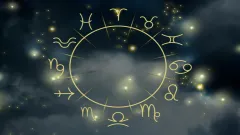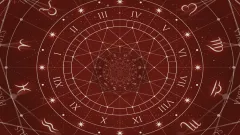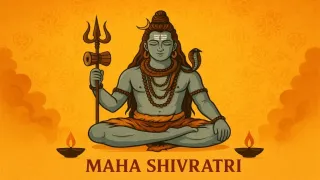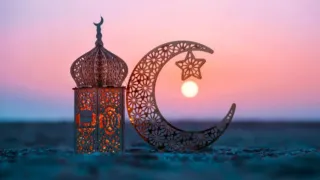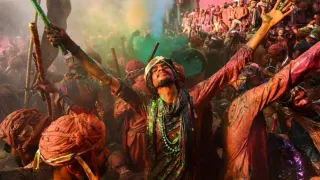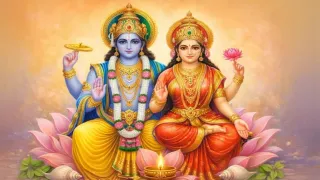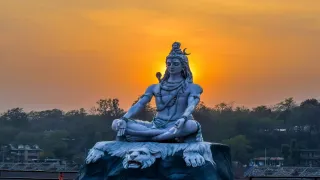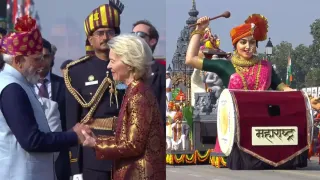In a landmark development in Indian academia, Lok Sabha Speaker Om Birla inaugurated the KIIT Public Policy School, a progressive step towards fostering innovative thinking and leadership in the field of public policy. The newly launched institution, under the aegis of the Kalinga Institute of Industrial Technology (KIIT), is dedicated to equipping students with the knowledge and skills necessary to navigate the complexities of policymaking and governance in India and beyond.
Diwali, also known as the Festival of Lights, is one of India’s most cherished festivals, celebrated with joy and grandeur across the country. Rooted in ancient lore, Diwali marks the triumphant return of Lord Ram to Ayodhya after a 14-year exile, alongside his wife Sita and brother Lakshman. According to Hindu tradition, the residents of Ayodhya lit the city with earthen lamps to honour their return, creating a sea of light that still symbolizes the essence of Diwali today.
The Significance of Goddess Lakshmi During Diwali

Image Source: Twitter
Goddess Lakshmi, the deity of wealth and prosperity, holds a central role during Diwali. On this sacred day of Amavasya (New Moon), Hindus across India and worldwide worship her to seek blessings of abundance, fortune, and peace. Diwali’s Lakshmi Puja, typically performed after sunset, is considered the most auspicious time to honour the goddess, inviting prosperity and positivity into one’s home.
What are Pradosh Kaal and Vrishabha Kaal for Lakshmi Puja?
The most favourable time to perform Lakshmi Puja is during the Pradosh Kaal, a period shortly after sunset when divine energies are believed to be particularly receptive to prayers. When Amavasya coincides with Pradosh Kaal, it amplifies the spiritual significance of Lakshmi Puja. Following this is the Vrishabha Kaal, a time when the Taurus zodiac aligns with Venus, further enhancing the potency of prayers associated with prosperity.
Diwali 2024: Pradosh and Vrishabha Kaal Timings
In 2024, Diwali will be observed on October 31. The Amavasya Tithi starts at 3:52 PM and concludes on November 1 at 6:16 PM. The auspicious Pradosh Kaal for Lakshmi Puja falls from 5:12 PM to 7:43 PM, with the optimal Puja Muhurat from 5:12 PM to 6:16 PM. The Vrishabha Kaal, highly suitable for conducting the rituals, spans from 6:19 PM to 8:15 PM.
Why Pradosh Kaal is Significant for Diwali Puja

Image Source: Twitter
Pradosh Kaal represents a transitional phase after sunset, a time considered especially sacred for conducting Lakshmi Puja on Diwali. Prayers offered during this period are believed to resonate with the goddess, drawing blessings, harmony, and prosperity into the household. For devotees, worshipping during Pradosh Kaal establishes a spiritual connection, believed to bring wealth and well-being.
Vrishabha Kaal
Vrishabha Kaal is also highly auspicious as it aligns with the Taurus zodiac, which corresponds to Venus—the planet of wealth, beauty, and prosperity. Performing Lakshmi Puja during this period enhances the impact of prayers, drawing harmony and fortune into the home. Devotees believe that offering prayers during Vrishabha Kaal strengthens the blessings and divine connection to Goddess Lakshmi, amplifying the positivity and abundance within the household.
This Diwali, devotees can observe both Pradosh and Vrishabha Kaal to celebrate with traditional fervour, ensuring a spiritually enriching experience while honouring the goddess who brings wealth and joy.
Also Read: 10 Beautiful Rangoli Designs for a Diwali 2024 Celebration






